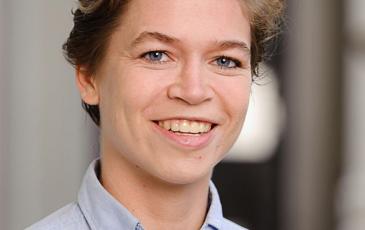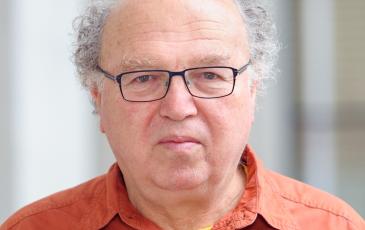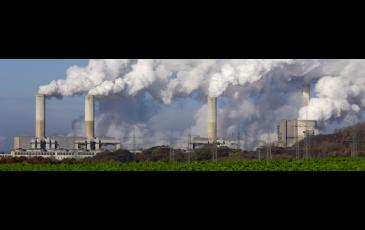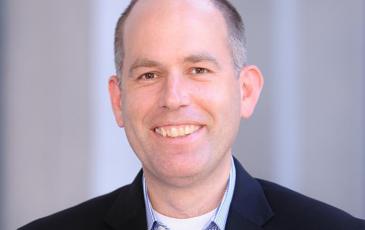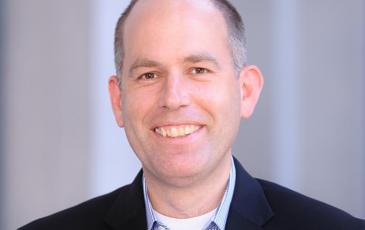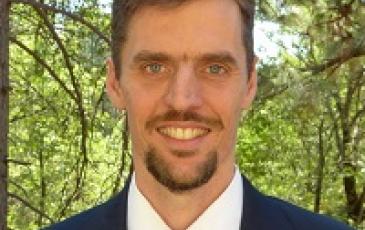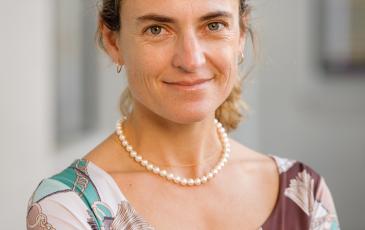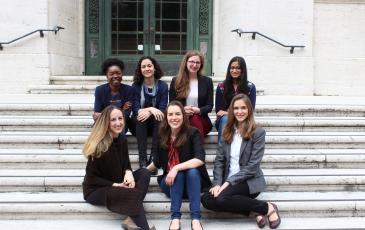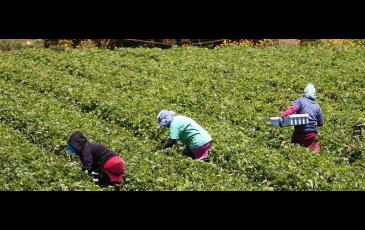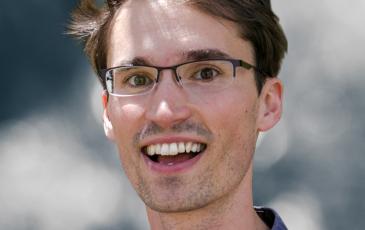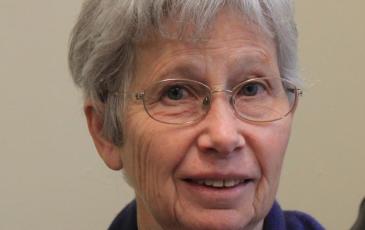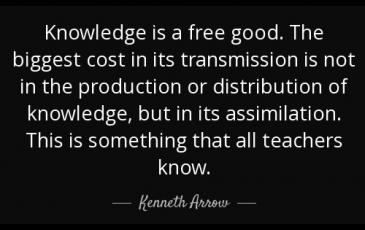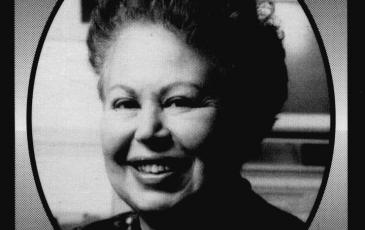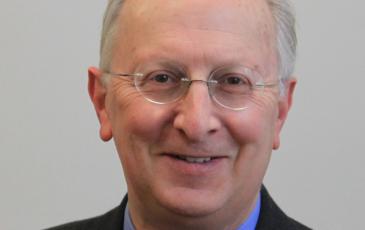Susanna delivers terrifically informative and engaging interviews in this PBS Newshour Video regarding an electrification project in Kenya.
ARE's David Zilberman Elected President Of The AAEA
ARE is very pleased to announce that faculty member David Zilberman has been elected President of the Agricultural and Applied Economics
California's Carbon Border Wall
ARE Associate Professor Meredith Fowlie authored this post for the Energy Institute at Haas Blog on a new cap-and-trade emissions proposal circulating the state government.
ARE Graduation 2017
ARE's 2017 graduates, along with faculty, families, and friends enjoyed a beautiful, sunny and warm Berkeley day of celebration on Sunday, May 14th at a luncheon-reception in the graduate's honor, prior to the College of Natural Resources commence
ARE Professor Max Auffhammer Awarded Haas' 2017 Earl F. Cheit Award For Excellence In Teaching
Professor Max Auffhammer has received the Earl F. Cheit Award for Excellence in Teaching from the Haas School of Business for the academic year 2016-17.
Save The California Waiver!
ARE Professor Max Auffhammer has authored a blog post for the Energy Institute of Haas on California's tailpipe emissions standards, which are set to stricter standards than the ones required at the federal level.
ARE Professor Max Auffhammer Is featured In The Daily Californian
ARE Professor Max Auffhammer is featured in UC Berkeley's student-run newspaper the Daily Californian regarding consolidation of the Peace and Conflict Studies major into the new global studies major.
AAEA Outstanding Doctoral Dissertation Awarded To 2016 ARE Alumnus Obie Porteous
2016 ARE alumnus Obie Porteous has been selected to receive this year's Agricultural & Applied Economics Association’s prestigious Outstanding Doctoral Dissertation Award for
ARE Professor Sofia Villas-Boas Is Recipient Of The 2017 CNR Distinguished Teaching Award
As recipient of the 2017 CNR Distinguished Teaching award, Sofia is being honored as a professor who has excelled in undergraduate teaching and who has made significant contributions to the teaching mission of the College of Natural Resources.
Renewables Dis-integration?
ARE associate professor Meredith Fowlie and ERG associate professor Duncan Callaway co-authored this post for the Energy Institute at Haas blog on grid dis-integration and the potential economic effects of grid defection.
Women In Economics At Berkeley (WEB)
Women in Economics at Berkeley (WEB) announces the launch of a new website, which provides informatio
Farmers Find Rotten Apples In Trump’s Ag Policy Barrel
ARE professors Gordon Rausser and Jeff Perloff are featured in this California magazine article on the potential impacts of the Trump administration's proposed protectionist policies.
ARE Ph.D. Candidate Gavin McCormick Is Featured In Grist 50
ARE Ph.D. candidate Gavin McCormick is featured in Grist 50 as one of 50 innovators with fresh, forward-thinking solutions to some of humanity's biggest challenges.
Building On Microfinance Success To Enhance Resilience
ARE Professor Elisabeth Sadoulet is featured in an Assets and Market Access Innovation Lab Spotlight regarding a recent study on microfinance institutions and applications for farmers and rural inhabitatants.
A Tale Of Two Standards
ARE professor Max Auffhammer authored a post for the Energy Institute at Haas blog on fuel economy standards for the auto industry.
Ken Arrow – A Great Economic Theorist, But An Even Greater Humanst
Read ARE Professor David Zilberman's Berkeley Blog on Ken Arrow.
How Would Energy Prices Adjust To The Border Adjustment Tax?
In a recent Saturday Night Live episode, Baldwin-as-Trump is casting about for clever ways to get Mexico to pay for the border wall. But with each attempt, the joke is on him, and Americans are left footing the bill.
In Memoriam: Irma Adelman
We are saddened to note the death of Professor Emeritus Irma Adelman, one of our department’s most distinguished professors and a leader in the field of Development Economics.
Merging Migrants Muddy The Mural
ARE professor Jeffrey Perloff is featured in a Porterville Recorder article for recently published research on the effects of new immigration policy on California's agricultural production.
Have We Peaked?
ARE professor Max Auffhammer co-authored this post for the Energy Institute at Haas blog on the effects of climate change on the US power grid.

